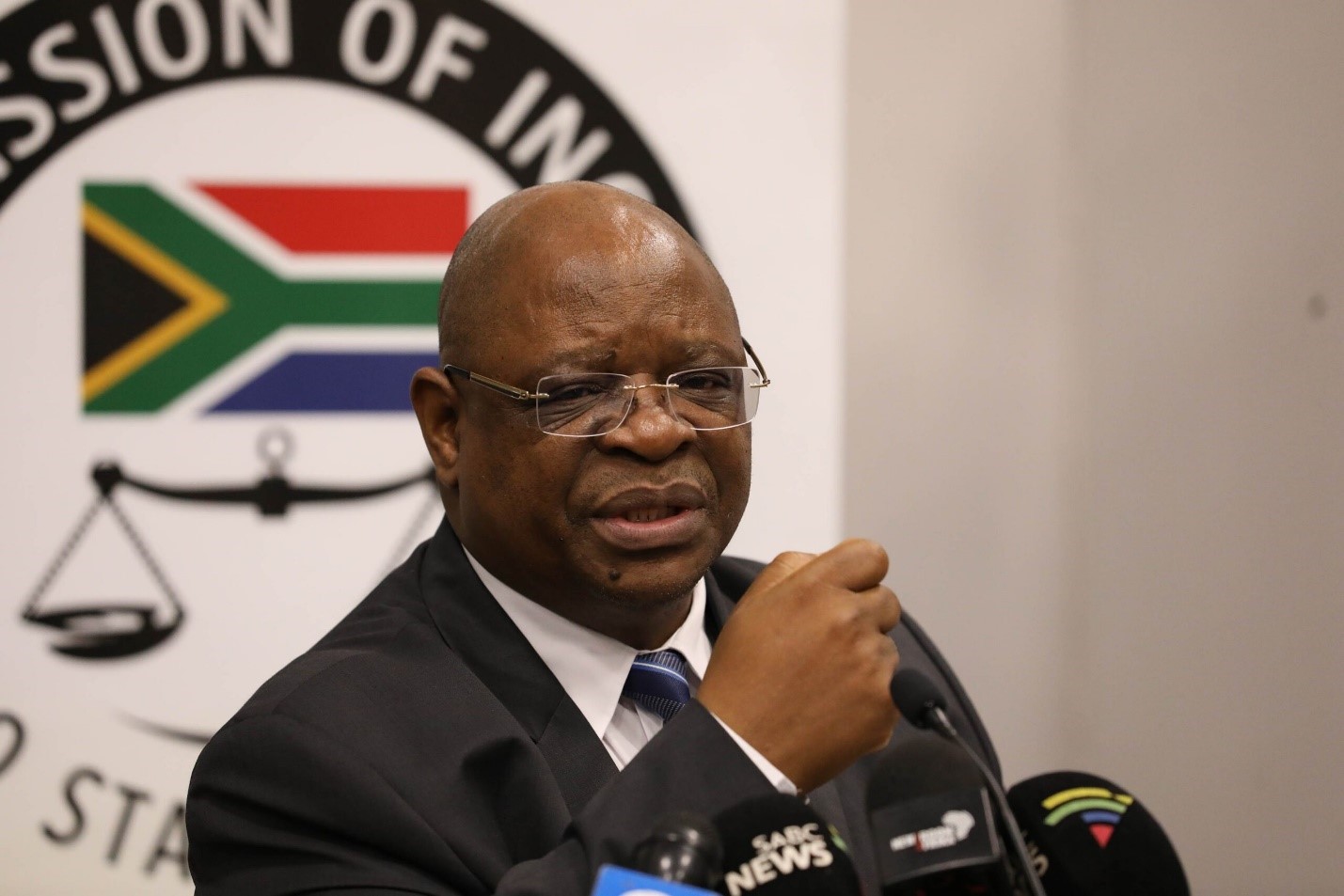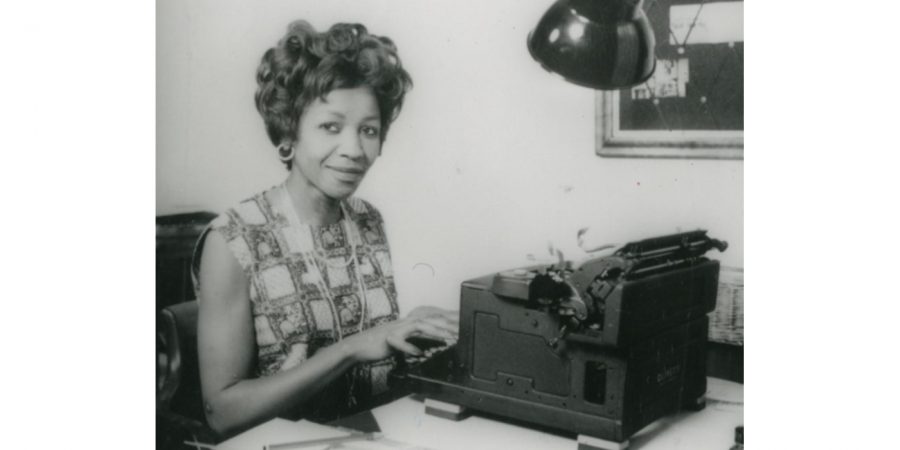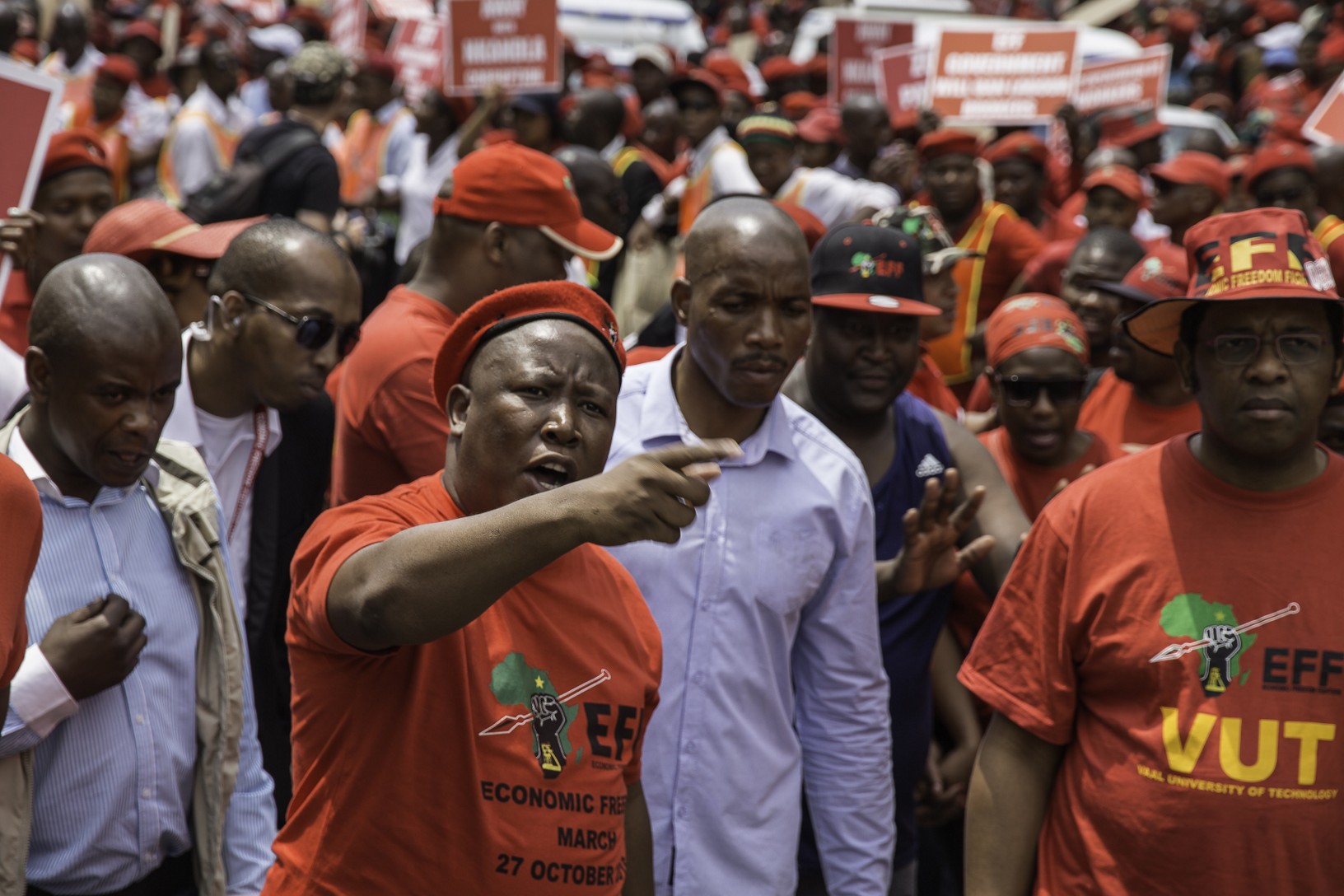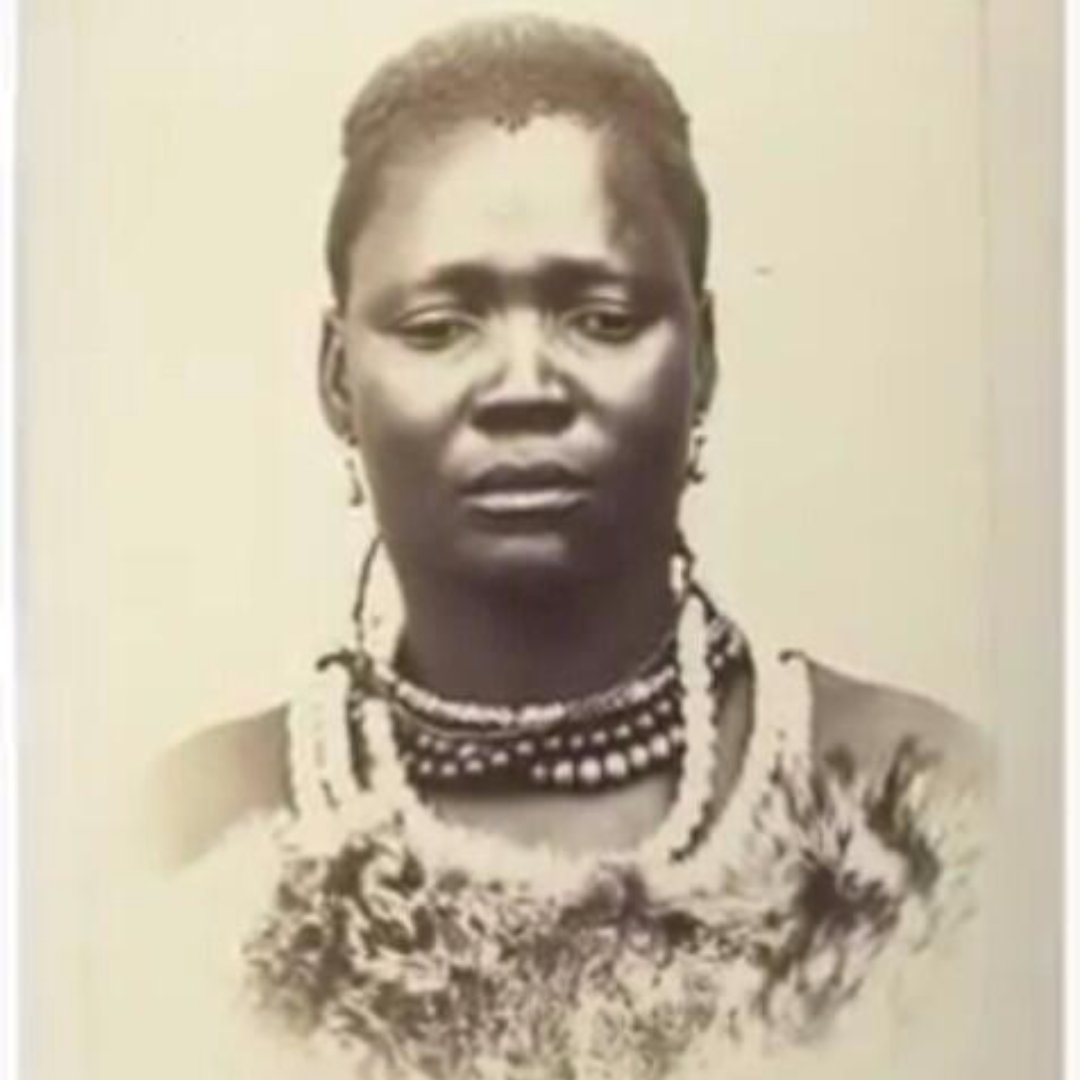The Judicial Commission of Inquiry into allegations of State Capture, Corruption and Fraud in the Public Sector including Organs of State: Part 1 has, proven to be a must read (depending on how one counts - all 874 or 855 pages of it) for South Africa’s abused public. This report is the first of an imminent three reports, of what the media colloquially coined as the ‘Zondo Commission’, as it was chaired by Justice RMM Zondo, the current Acting Chief Justice of the Republic of South Africa. The latter remark is not selective, to any cohort of local folks (regardless of our two divisive classifications of ‘one’s racial hue’ or ‘class position’). I further opine that my remark applies to all seekers of an environment whence both the public and private sectors in South Africa, operate at their optimum levels yet doing so within the parameters of legislation consistent with South Africa’s Constitution Act 108 0f 1996. I am convinced that this first ‘Zondo Commission’ report, will be helpful to curious South Africans, seeking to know and somehow also decipher, some of the dubious decisions, set into motion as part of ‘State Capture’ on the instructions of former President Jacob Zuma. This entailed a self-serving agenda to loot the state, aided by persons both in South Africa’s public institutions and in the private sector. This report providing details, exposing corruption but also listed Zondo’s ten recommendations.
The following subheadings, sum up the different divisions that make up this initial report. Volume 1- Chapter 1: South African Airways and its Associated Companies; Volume II – Chapter 2: The New Age and its Dealings with Government Departments and State Owned Entities; Volume 3- Chapter 3: South African Revenue Services (SARS) and Public Procurement in South Africa and Chapter 4: Public Procurement in South Africa. As may have been expected from a sound introduction, a succinct background is provided, under the apt title About The Commission. Justice Zondo importantly informs readers that the genesis of the establishment of this ‘Zondo commission’ dates back from the former Public Protector Thuli Madonsela’s State of Capture Report (Report No: 6 of 2016/17). The gist of that report entailed investigating “complaints which included certain allegations of improper conduct on the part of President Zuma and certain members of the Gupta family. The remedial action included that the then President Zuma had to appoint a judicial Commission of Inquiry, to be chaired by the judge selected by the Chief Justice” Mogoeng Mogoeng. After Zondo was approached and consented, the Chief Justice submitted his name, to former president Zuma and he was appointed on 9th January 2018.
This voluminous initial Zondo Commission report, arduously details evidence gathered and captured under each of the earlier mentioned three volumes and four chapters. The report followed a straightforward chronology of presenting its various conclusions, findings and recommendations specific to each of the four chapters. Rationale to foreground the various sections with testimonies of participants, seems to have been for reference purposes from all participants who ranged from the former President Jacob Zuma and the Gupta’s and their willing and reluctant ‘enablers’ and ‘followers’ of State Capture and whistleblowers, for the task at hand. Zondo’s hindsight approach provided tangible case study’s to support the rational of his recommendations. It is hereby essential, to enlist albeit summarily Justice Zondo’s anticipated ten recommendations.Recommendations
Recommendations for the attention of President Cyril Ramaphosa, feature in Chapter 4: Public Procurement in South Africa, from page 844 to 855. Their summarily paraphrased below.
1.The Government in consultation with the business sector must prepare and publish a National Charter against Corruption in Public Procurement, which must include a Code of Conduct which sets out ethical standards which apply procurement of goods and services for the public. 2.An Independent Agency against corruption in Public procurement must be established. 3.The Government must introduce or amend legislation to protect Whistleblowers. 4.The Government must introduce legislation which will see the introduction of deferred prosecution agreements by which the prosecution of an accused corporation can be deferred on certain terms and conditions. 5.Consideration must be made to enact legislation that will establish a professorial body to which all officials who work in the area of public procurement should belong. 6.The commission recommends that set standards of transparency consistent with the OECD principles for integrity in public for integrity in public procurement be formulated by the National Treasury for compulsory inclusion in every procurement system adopted by a public procurement entity. 7.The commission recommends that the legislation dealing with the duties and responsibilities of accounting officers / Authorities be amended to insert a provision which reads: “No person is criminally or civilly liable for anything done in good faith in the exercise or performance or purported exercise or performance of any power or duty in terms of this Act unless such a person acts negligently”. 8.In order to strengthen the duty of private sector entities to put in place measures against bribery, it is suggested that Act 12 of 2004 which features the Prevention and Combating of Corrupt Activities (PRECCA) be amended by a section 34 A. 9.It is suggested that the Political Party Funding Act No. 6 of 2018 be amended, in order to criminalize the making of donations to political parties in the expectation of or with a view to the grant of procurement tenders or contracts as a reward for or in the recognition of such grants having been made. 10.The commission recommends that consideration to be given to the enactment of legislation for the following a) the greater centralization of public procurement in certain aspects; b) the better harmonization of the legislation applying to public procurement; c) the better guidance of public procurement officials in applying the legislation governing public procurement; d) the better training of public procurement officials and e) the discrimination of any deviation based on the concept of a sole source service provider.























